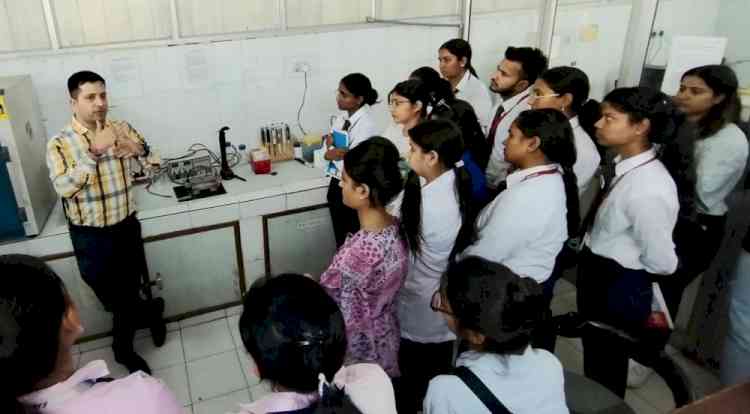Budget Expectations by Ashwani Rathore, CEO and Co-Founder, SpiderG
Ashwani Rathore. Facilitating claim of TDS in an easier manner for start-ups would be an important move. At the initial stages, start-ups may suffer losses, but that doesn’t stop banks and sellers from deducting TDS. This affects the liquidity...

Ashwani Rathore.
Facilitating claim of TDS in an easier manner for start-ups would be an important move. At the initial stages, start-ups may suffer losses, but that doesn’t stop banks and sellers from deducting TDS. This affects the liquidity of start-ups negatively. The government should ideally exempt the status under section 197. Earlier on, a generic exemption could be got under section 197. However, the mechanism is now different: exemption can be got only from a specific deductor mentioned in the application list. Reverting to the earlier mechanism would be highly beneficial to start-ups.
Section 56 (2) of the IT act makes start-ups liable to pay taxes on any investments received. Also the sale of unlisted securities within 3 years of investment are liable for taxation, as short-term capital gain. This gain cannot be set-off against any loss for similar investments. Start-ups and angel investors, trying hard to raise money, are hit hard by these clauses.
Angel investment is the initial lifeline of start-ups. If the tax regime supports such investments, investors will begin treating angel investing as an asset class. The government should encourage angel investors to support new businesses, by giving them and the businesses receiving funds, tax breaks. Such budget reforms will take the entire eco-system one step closer to achieve ambitious goals of the honorable PM’s and help to make Start-up India, stand up India initiative a successful campaign

 cityairnews
cityairnews 
















